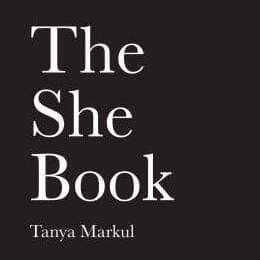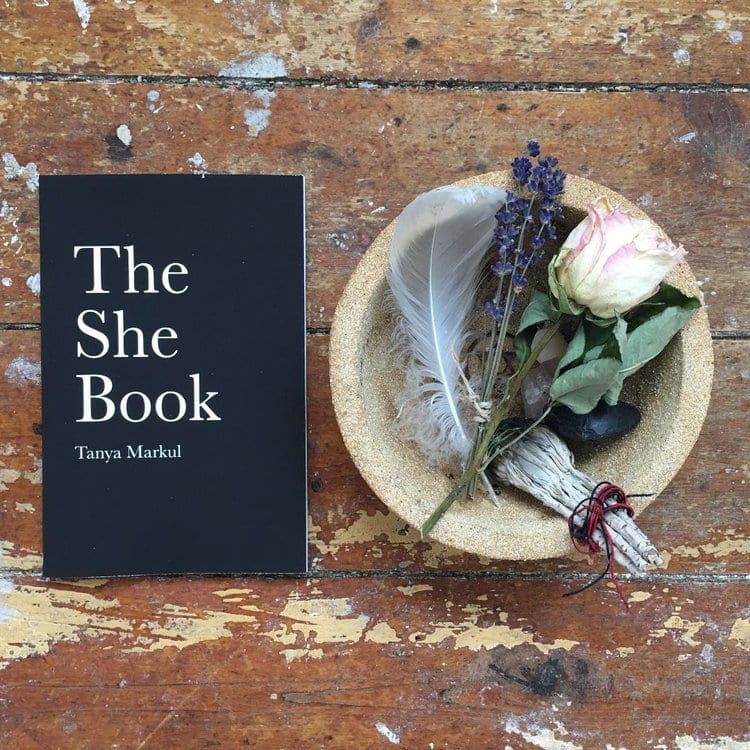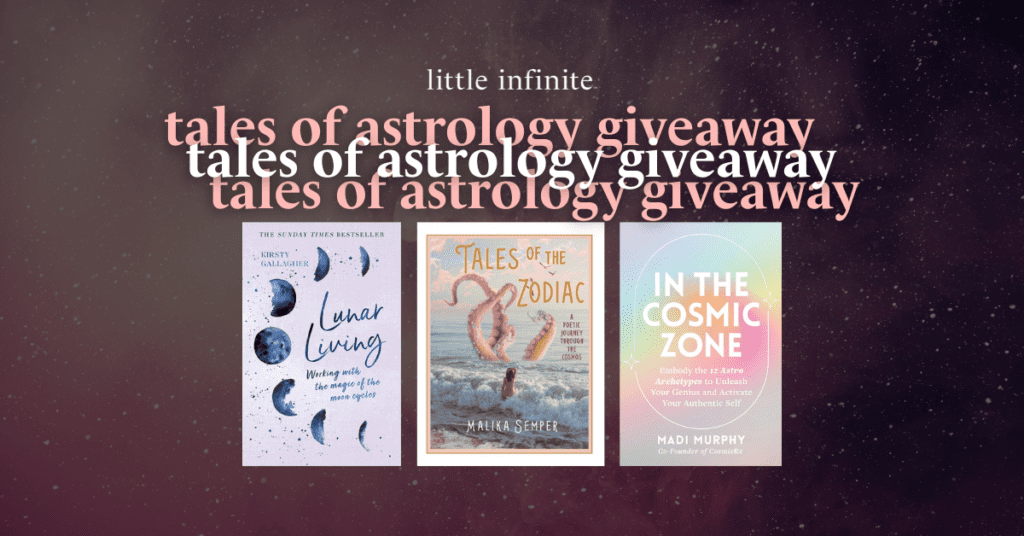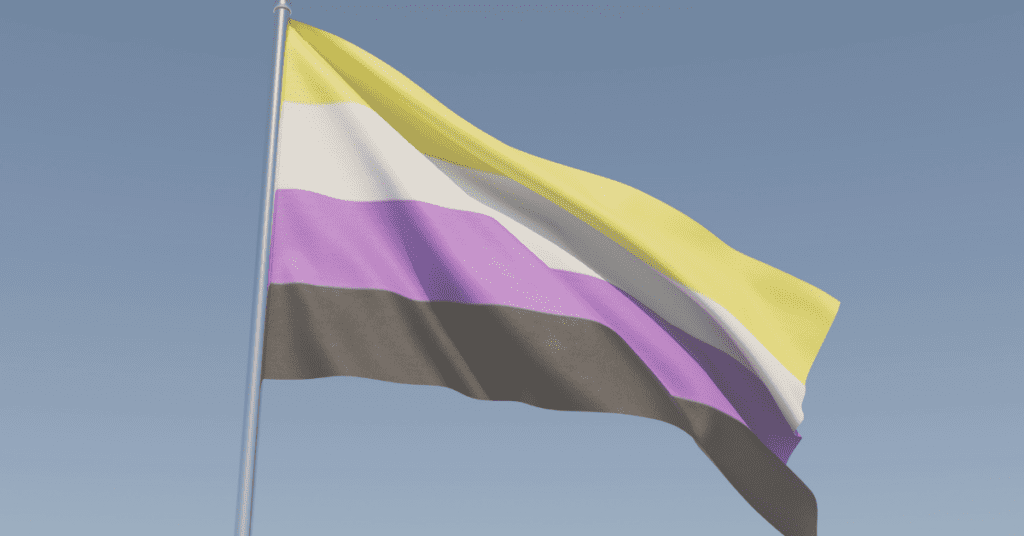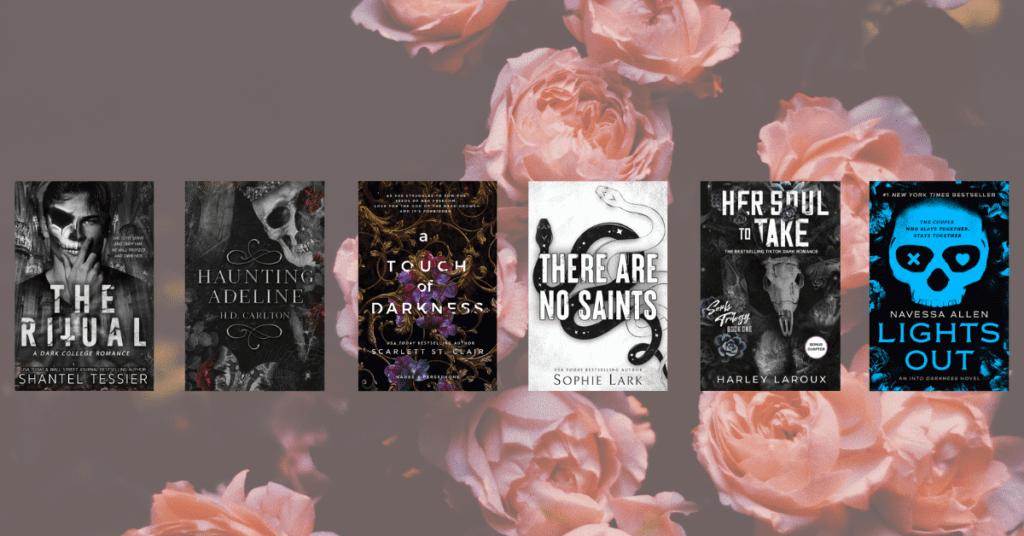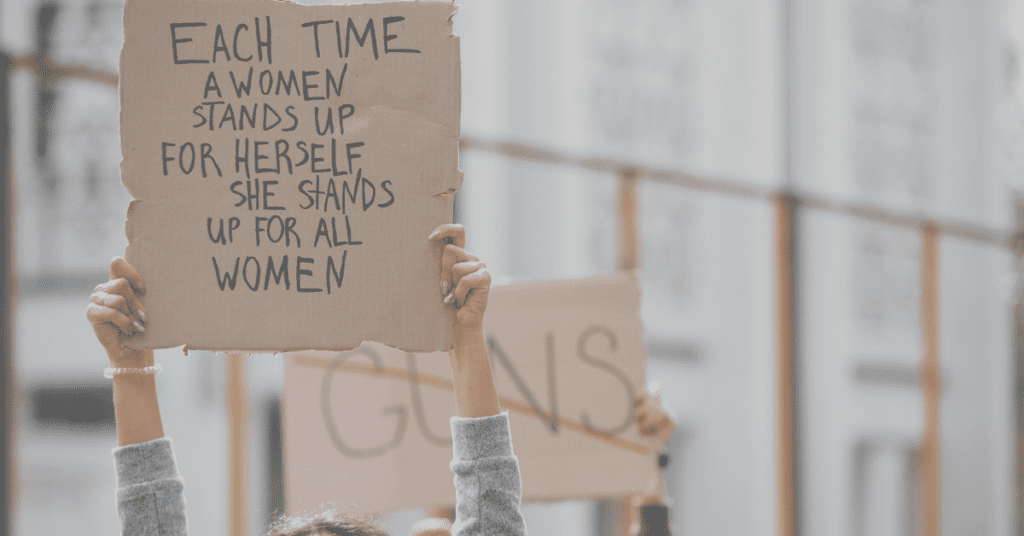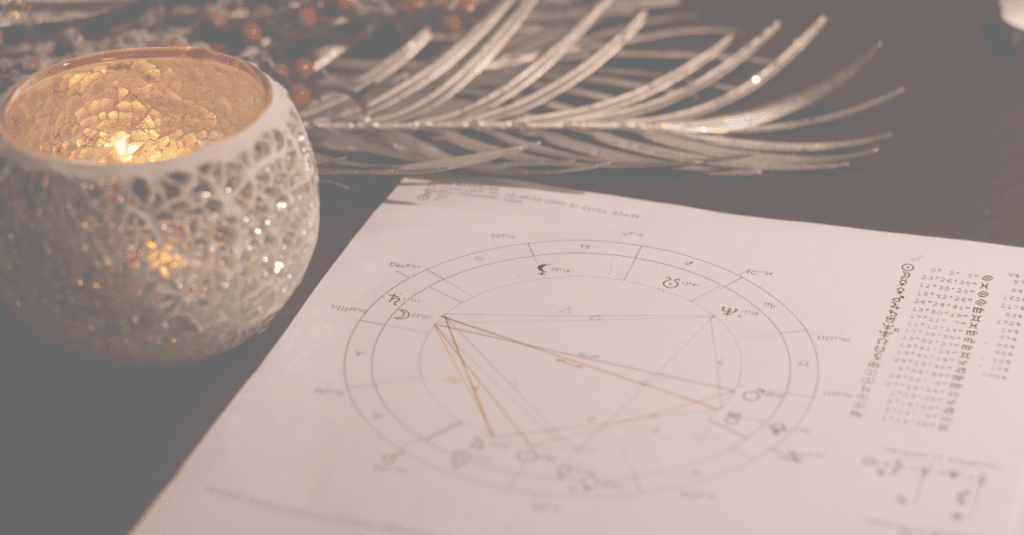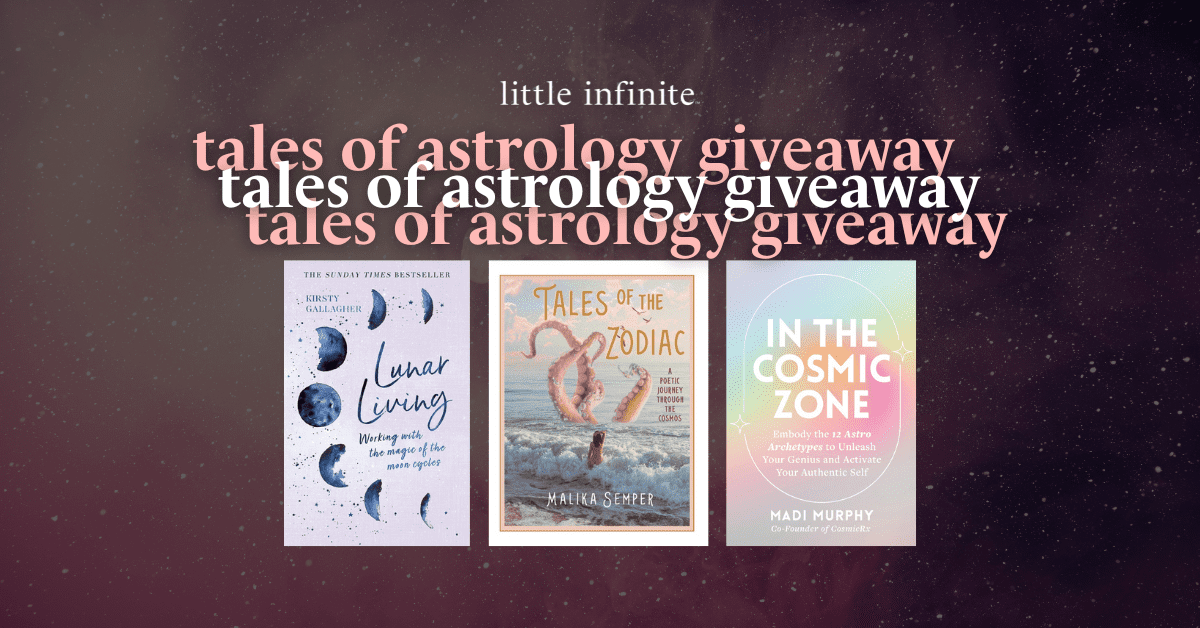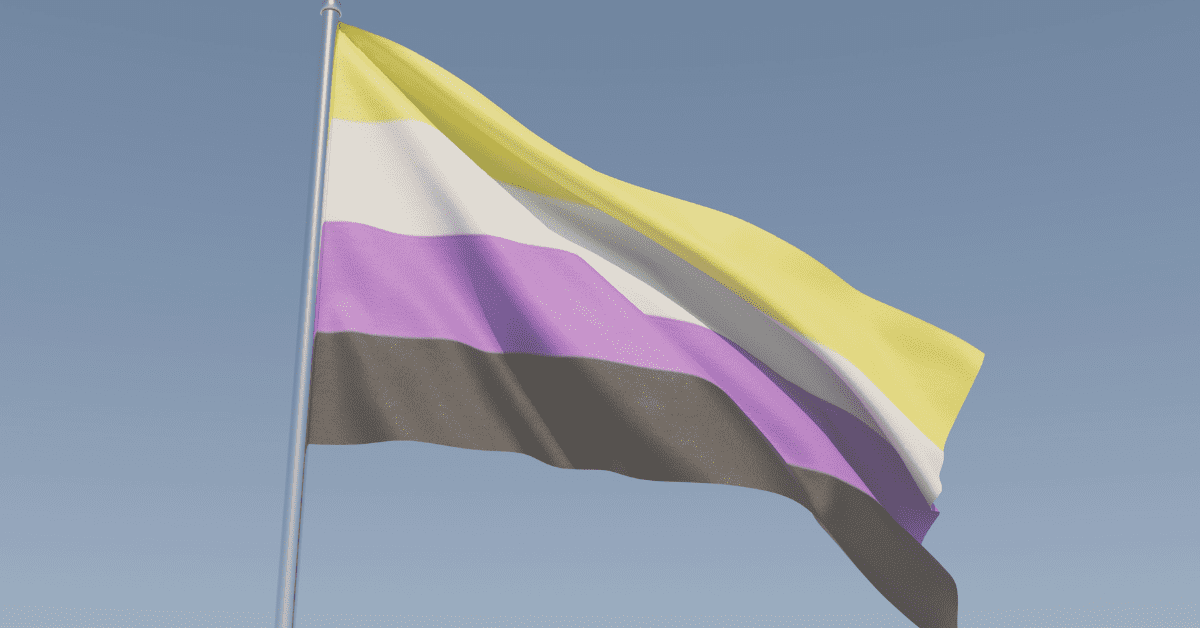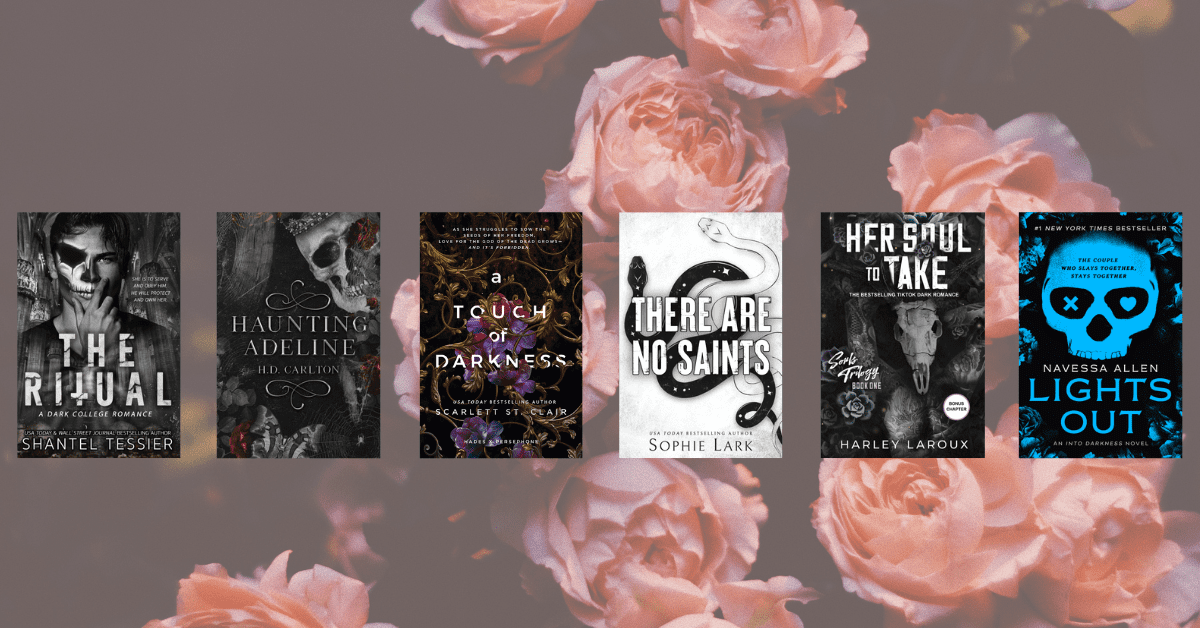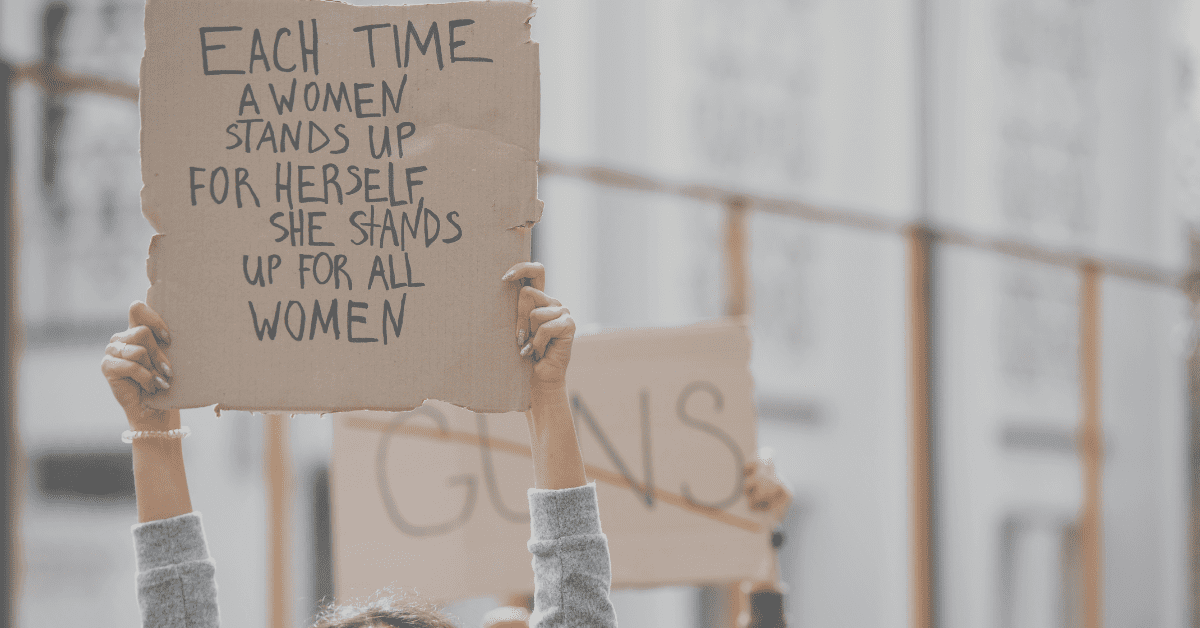Her work places itself at the intersection of where accessible poetry and deeply personal ritual collide.
If you are seeking the story of woman, of trauma and healing, and of raw truth, you will adore Tanya Markul’s The She Book. As described in her bio via Amazon, Markul is a “poetess, intuitive and wounded healer.” She comes from generational trauma, having experience witnessing addiction, abuse, and the negative fallout that comes from that sort of space: shame, darkness, pain. It is from this well that her poetry is born — and transcends.
Tanya is no stranger to healing and vulnerability in her poetry but neither is she in her life. In fact, she facilitates workshops and speaks on a myriad of topics, like meditation, journaling, healing, yoga, and celestial ritual.
Here, she shares a deeply relatable message to her readers, positioning her not only as a poet but as something more:
Content & Themes
The book is described as ‘medicine’ in its official description — and one can easily see why. Its 107 poems and snippets ask you to live authentically, to let go of fear and the albatross around your neck, and to find beauty and reckoning in deep vulnerability.
From the poem, “Ninty-three”..
“What if fear is
the way out of self-sabotage? What if confusion
is the ignition of your imagination? What if
restlessness is proof you have ample energy?
What if resistance represents a door to
unlimited possibility? What if you woke up
today and weren’t afraid anymore?”
The book asks the reader to climb in with her deepest fear and trauma and to reconcile and reckon with their own. Through poems with questions like this (which I recommend you read slowly, giving it the gravitas it deserves) you’ll find that it’s not just a poetry collection. It’s a sort of confessional. A ritual.
Voice & Tone
The book opens right away with lush, direct language of the holy and the sacred. She is writing to her reader, pulling them immediately into her magical space. Her first poem reads:
“You are already enthroned.
There is no putting down that crown.
Not a queen to a lover or community,
but a holier mystery, an angelic decree,
that will ever bend the knee,
to the fierce yet tender wand
of the awakening woman.”
The prose itself feels dreamy and luscious, like falling into a soft cloud of searing emotion — emotions that takes you on a journey. You will peer into your own hurt, but the luminous sky surrounding you — her message — will ease the burden.
In fact, the language often feels like a conjuring. It’s urgent. It makes demands. It sets the stage. It doesn’t doubt itself. Like a manifesto for healing, it says what it needs and it manifests it. From the poem, “five,” she writes — in a staccato tone, image after image, truth after truth:
“She’s holding space this time. Not sweating it, but
breathing beyond her skin. She’s good. She’s
even shape-shifting. The raven. The owl. She’s
unafraid of the bird’s-eye view, and unlike all
those other times, she isn’t scared of the
unknown.”
When you intend on writing poetry that attempts to heal the soul, its language needs to be healing too. Markul’s word choice reflects that. From the poem “Ninety-six”, she writes,
“I was greeted by other wounded
and open beings. Dream weavers, love warriors,
and magic-makers. And together, we’re walking
each other home.”
You can feel the musicality in her language — dream weavers, love warriors, magic-makers. It tells the reader, “this is for you.”
Overall
Reading the book, you get the sense that what was written was for Markul — for her own healing and closure. It’s a call to arms for strength and the shadowy work of inner exploration. It’s a poetic look at what it means to suffer and heal.
Near the end, in the poem, “100,” Markul gives the gift of herself to herself, and by witnessing this, the reader can help but do the same for themselves:
“The more I allowed myself to inhabit the space
encapsulated by my skin, the closer I came to
understanding that the mother, sister, and best
friend I had always longed for were already
within me. The home, the family, the four
walls, the arms to hold me, and the eyes to see
me that I forever sought were already there….”
Shop This Article:

